
Timeless & Universal Philosophy
Every civilisation has passed on to us its knowledge and experience of the essential laws of life. A systematic and comparative study of this vast heritage enables us to discover the READ MORE

India
One of the great privileges of our modern times is that we are able to access vast amounts of knowledge from different cultures, often stretching far back into history. The philosophies READ MORE
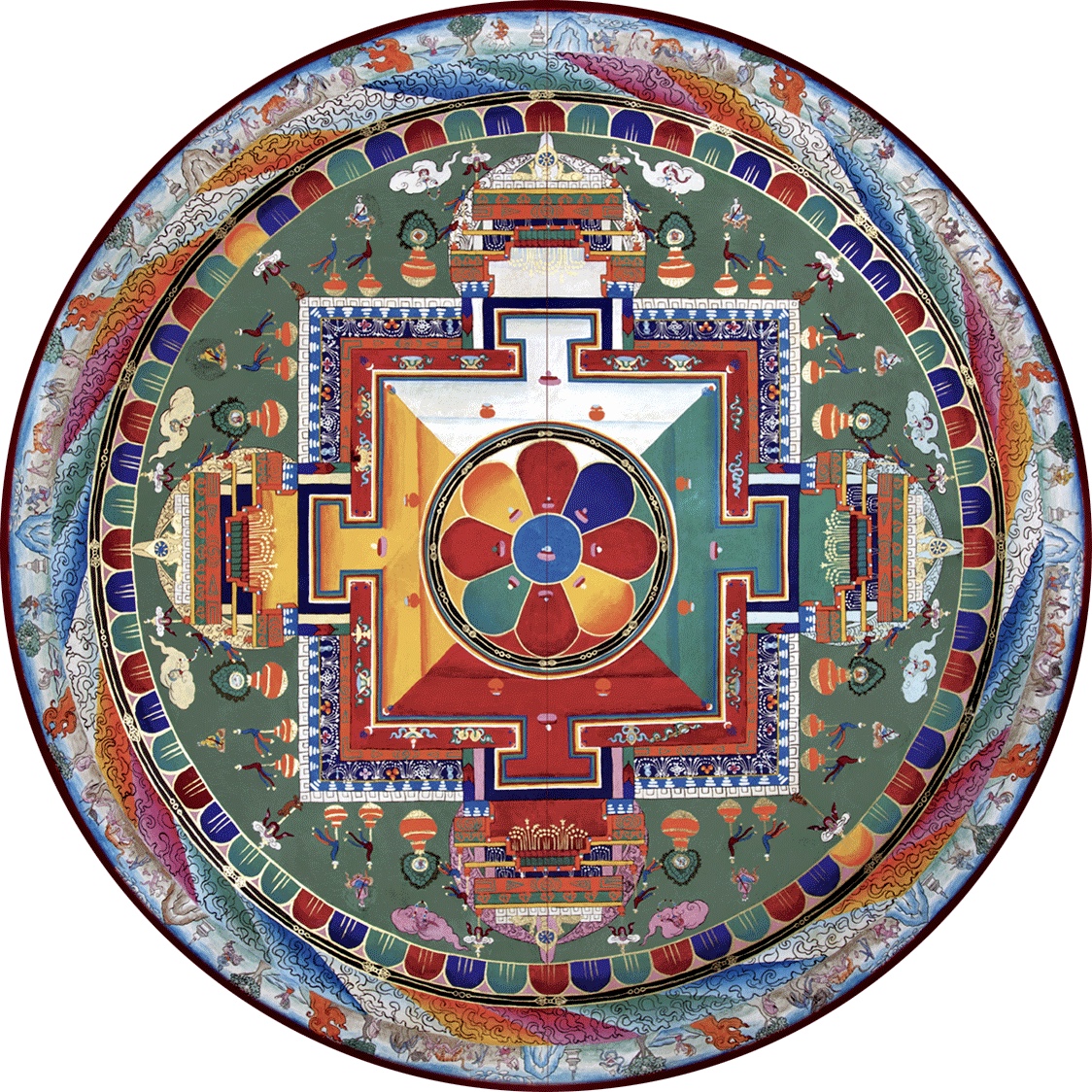
Tibet
Tibet has been associated throughout history with magic and mystery. The land beyond the Himalayas was a natural fortress, a place of ancient knowledge and spiritual practice. In the 19th
READ MORE
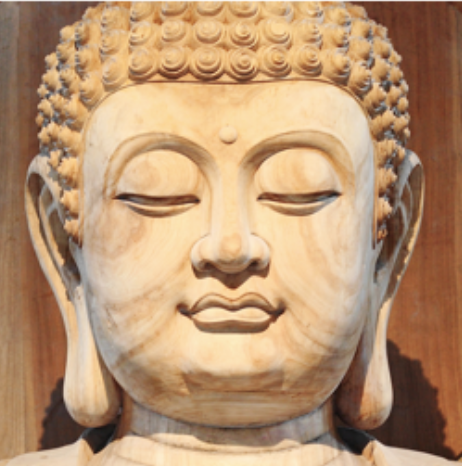
Buddhism
Buddhism has its origins in India around the 5th century BC during a time of revival and rejuvenation of mystical and religious thought. Buddhism is a system of philosophical, spiritual READ MORE

China
Throughout history, the great civilisation of China has made many contributions to the development of human thought and flourishing. However, perhaps none have been as influential, READ MORE

Egypt
The name Egypt or ‘Aegyptos’ is in fact a Greek name given to what was previously known as the Land of ‘Kem’ or ‘Kemet’ by the Egyptians themselves. In the world of ancient Egyptian READ MORE

Greece
Legend has it that classical Greece began with the first Olympic Games in 776 BC, held in honour of the God Zeus and the inspiration for the Olympic Games we know today. Ancient Greece has READ MORE
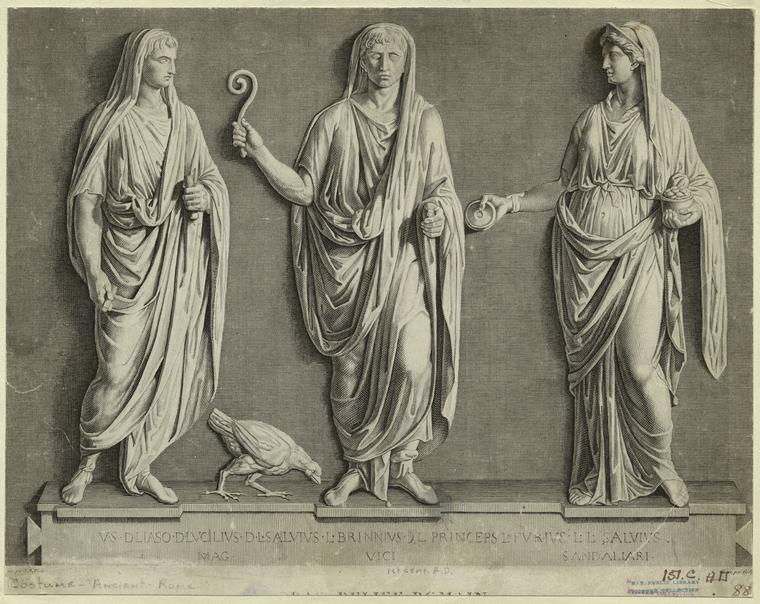
Rome
As well as being a civilisation and empire that stretched from Britain in the West to Egypt and Persia in the East, Rome was also an idea, an approach to life which, in its most ideal READ MORE
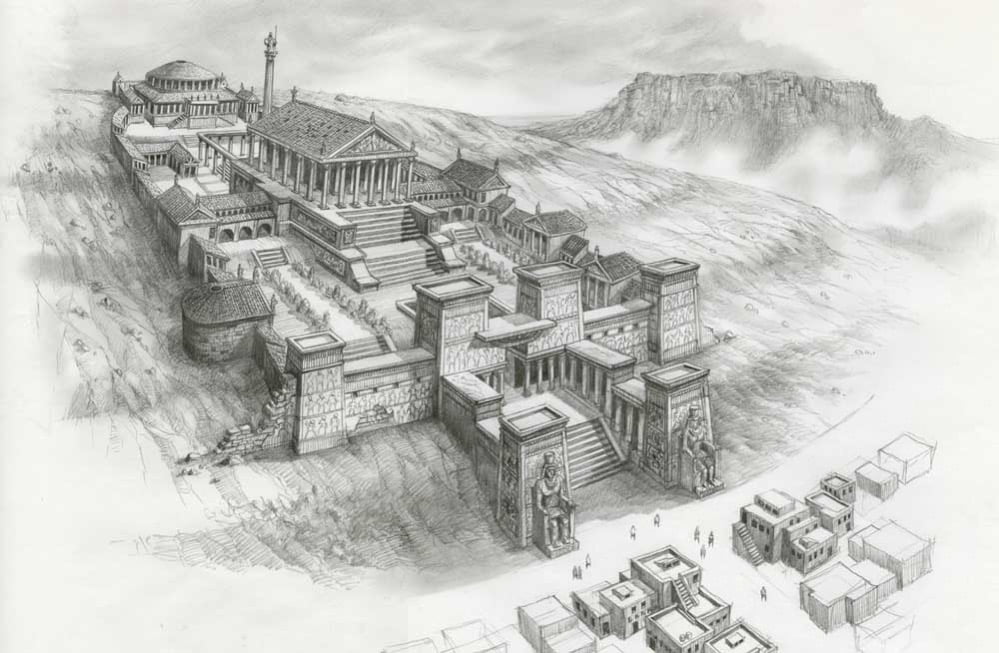
The Neoplatonic School
The Neoplatonic School originated in the Egyptian city of Alexandria. This city was the crucible of many different cultural traditions, including Egyptian, Greek, Jewish, Persian and READ MORE
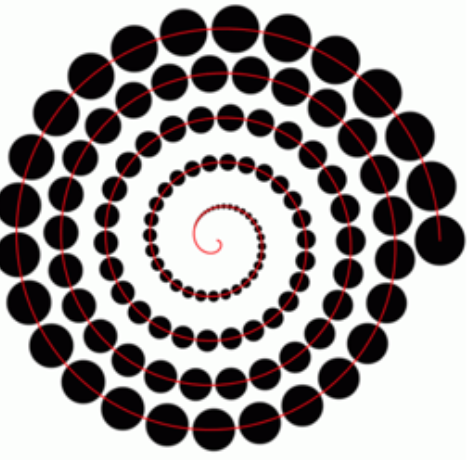
Philosophy of History
A term first coined by Voltaire, Philosophy of History means to search for wisdom in the study of history. What can we learn from the experiences and past actions of humanity? And how can
READ MORE
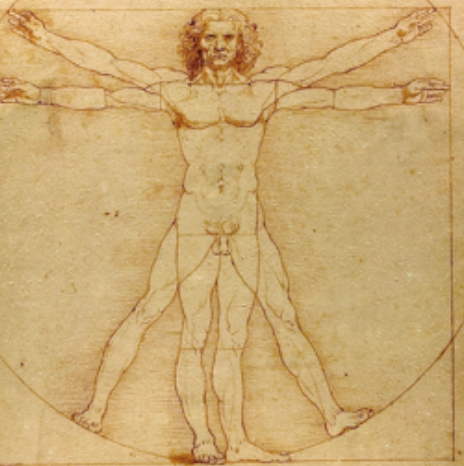
The Human Being & the Universe
Of all the mysteries throughout history, the human being has always been one of the greatest. Who are we most essentially? What is our role and position within the universe? What is our READ MORE
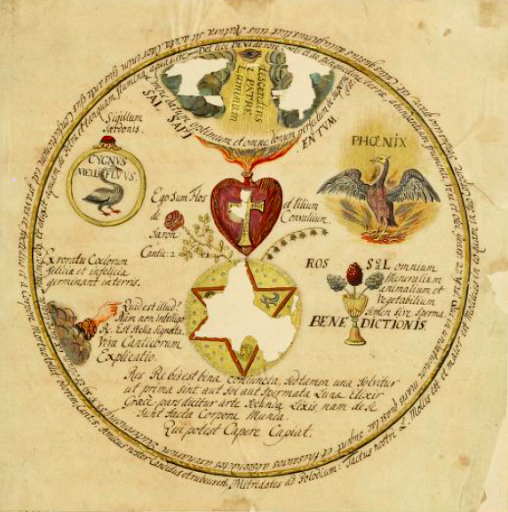
The Hermetic Tradition
The Hermetic tradition has its roots in Egypt with the Egyptian God Thoth, who was the patron of all knowledge, science, medicine and writing. However, it found its flourishing during the READ MORE

